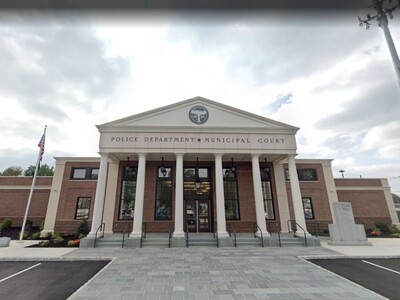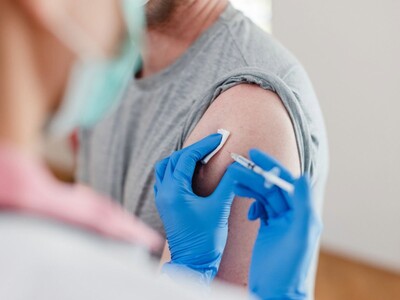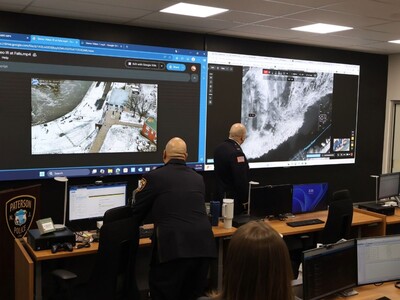New Program in NJ Aims to Improve Self-Help Center Services for those with Mental Health Concerns
The NJ Department of Human Services awarded a statewide contract to improve self-help centers in NJ and provide increased assistance to mental health consumers.
-
Human Services Commissioner Sarah Adelman last week announced the Department has awarded a contract to develop a state-wide learning collaborative to improve services at New Jersey’s Self-Help Centers that provide assistance to mental health consumers.
The Self-Help Centers provide dedicated space for mental health consumers to grow in their recovery through self-help, socialization, peer support, opportunities for employment, and specialized wellness programs.
Under the new $375,000 program, the Mental Health Association in New Jersey (MHANJ) will train and provide technical assistance to the peer workforce at the centers. MHANJ will develop and organize a Whole Health Learning Collaborative that will provide evidence-based, best and promising practices on whole health self-management for peers who are leaders or members of the 30 community-based wellness centers across the state.
The training will focus on the whole health approach, which focuses on empowering individuals, families, communities, and populations to improve their health in multiple ways. Instead of treating a specific problem, whole-person health focuses on restoring health and promoting resilience across a lifespan.
“The learning collaborative will inspire, cultivate and enhance a culture of healthy living and positive well-being among leaders and members,” Commissioner Adelman said. “Our goal is to help individuals develop coping skills and facilitate shared learning, while providing a unique opportunity to increase social connectedness, provide a new meaning and purpose in life, and support service to others—all cornerstones of wellness and recovery-oriented life. We want to assist individuals with getting the information, support, motivation, and guidance they need to develop or re-initiate healthier lifestyles, in addition to learning how to work with their peer community, healthcare and behavioral healthcare providers to better self-manage their own medical-related conditions and needs.”
The target population is individuals with mental health diagnoses; those with mental health and a co-occurring substance use disorder and/or a chronic medical condition who serve as peer providers; and the members who attend any of the Centers - in particular, those who’ve been negatively affected by the pandemic through grief, loss, social isolation, and poverty.
“The learning collaborative will encourage centers to facilitate their members' access to health screenings and primary health care,” Deputy Commissioner of Health Services Lisa Asare said. “The initiative can, for example, help individuals learn about diabetes self-care, improve money management skills, enhance social connectedness, and promote smoking cessation by connecting center members to services. Understanding the condition in which a person has lived, addressing behaviors at an early stage, and managing stress can not only prevent multiple health concerns but also help restore health and stop the negative progression across a person’s lifespan.”
“Several health-related risk factors prevalent among individuals with mental illness will be addressed,” said Assistant Commissioner Valerie Mielke, who directs the Division of Mental Health and Addiction Services. “People encounter side effects associated with the use of psychiatric medications, and they may not routinely receive or use preventive healthcare and other related services. Some conditions that result in disproportionate mortality and morbidity in individuals with mental health conditions are frequently associated with lifestyle habits such as smoking, poor diet, physical inactivity, poor sleep, and lack of self-care. The whole health approach promotes healthy behaviors, environments, and policies to maintain health and prevent, treat, and reverse chronic diseases and harmful conditions and environments.”
MHANJ will be required to collect data that demonstrates the effectiveness of the program and the direct impact on the well-being of both staff and member participants.
“The lessons learned will inform training and technical support needs and opportunities for peer providers working in other programs operating in the public mental health and social service systems,” Commissioner Adelman said.
-













